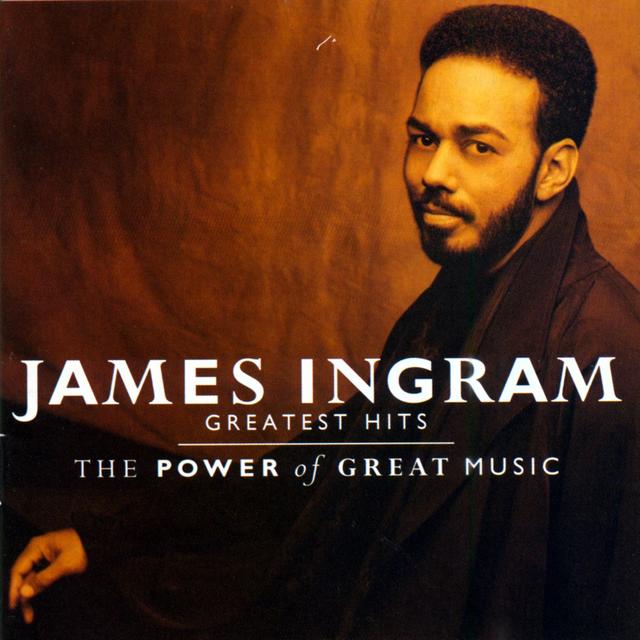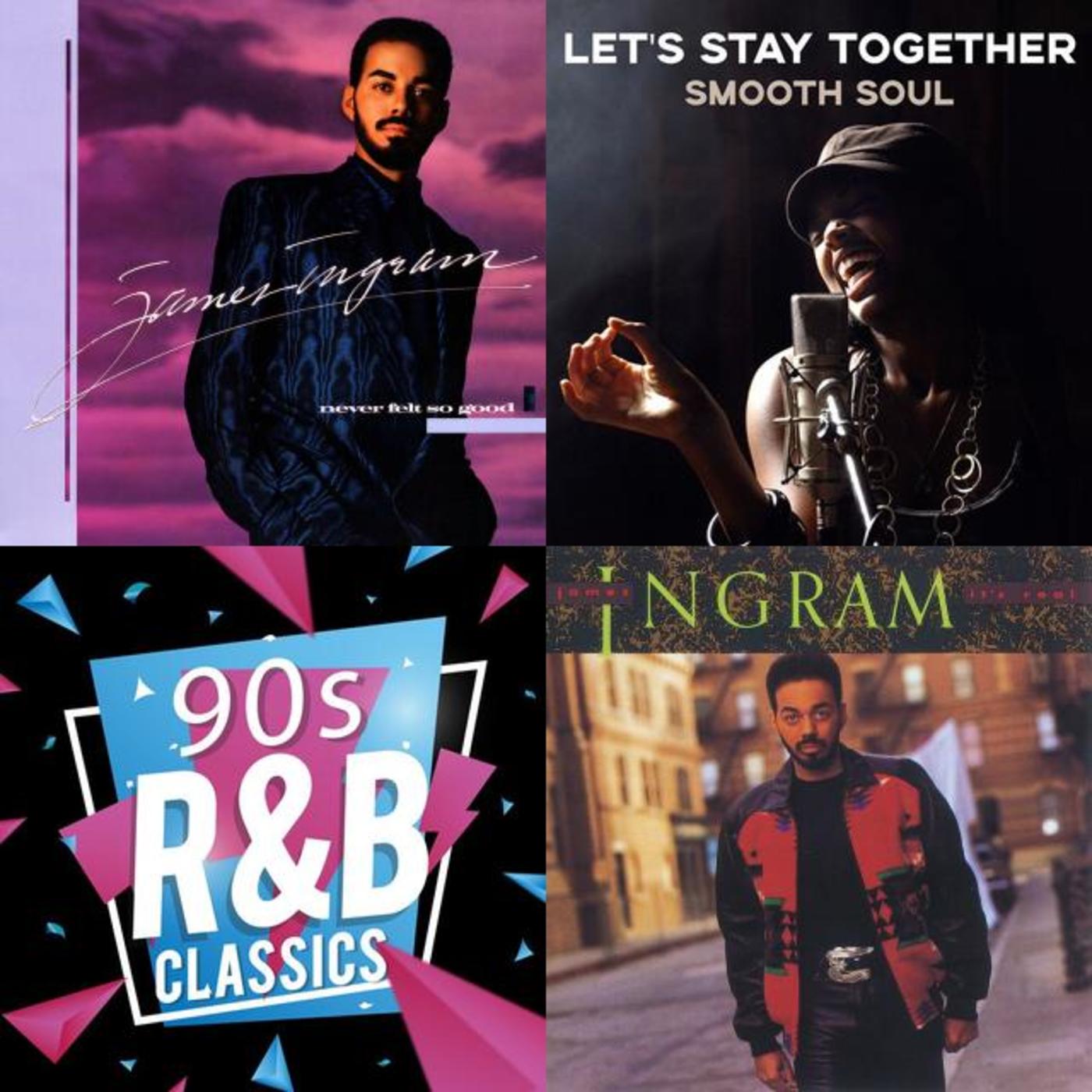R.I.P., James Ingram

Since the news broke yesterday, you may have already heard the news and spent some time in mourning, but those who aren’t aware, the world lost a great R&B singer yesterday when James Ingram died at age 66 from brain cancer.
Born in Akron, Ohio, Ingram made his first real in-roads as a recording artist when he provided vocals for two songs on Quincy Jones’s 1981 album, THE DUDE – “Just Once” and “One Hundred Ways” – and if you didn’t realize they were actually Jones’s songs, well, that’s the perfect testimony to just how much of an impact Ingram’s vocal contributions made to the material. It should also be noted that “Just Once” provided Ingram with one of the greatest moments of his career – an appearance on an episode of SCTV – but after scouring the ‘net for the clip in question, we came up empty, so you’ll just have to take our word for it.
As far as Ingram’s chart achievements, the one that stands out the most – not to mention one that wasn’t credited to anyone else, i.e. a duet partner – is his #1 hit on the Hot 100, “I Don’t Have the Heart,” but he frequently found himself in the upper reaches of the charts whilst working with other artists, including Linda Ronstadt (“Somewhere Out There”), Michael McDonald (“Ya Mo B There”), Kenny Rogers and Kim Carnes (“What About Me?”), and Patti Austin (“Baby, Come to Me” and “How Do You Keep the Music Playing?”). Indeed, many of these tunes led Ingram to be nominated for Academy Awards, including “How Do You Keep The Music Playing?” and “Somewhere Out There,” as well as “The Day I Fall in Love,” a duet with Dolly Parton. Oh, and lest we forget, Ingram also co-wrote the Michael Jackson song “P.Y.T. (Pretty Young Thing),” which – having appeared on THRILLER – no doubt would have kept him in good financial stead whether he’d had a substantial solo career or not!
Ingram kept performing for as long as he was capable of doing so, and he leaves behind a tremendous body of work, one filled with slow jams galore, but it’s his soulful vocals which will continue to echo through the ages. Farewell, Mr. Ingram, and thanks for the music.

